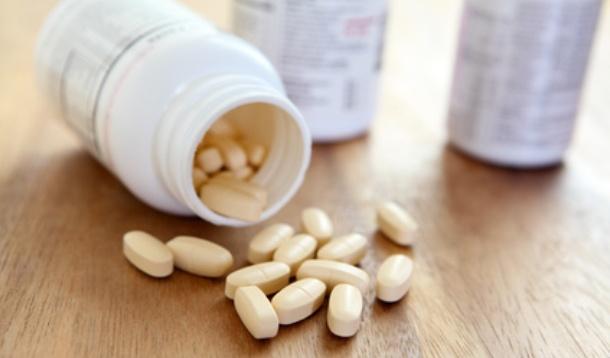
When it comes to prenatal vitamins and supplements, more is not necessarily merrier.
A review of prior research suggests that much of the money pregnant women throw at supplements is a waste of time and money.
The only two vitamins moms-to-be really need are folic acid and vitamin D. All other nutrients should naturally come from a woman's diet.
“We found no evidence to recommend that all pregnant women should take prenatal multinutrient supplements beyond the nationally advised folic acid and vitamin D supplements, generic versions of which can be purchased relatively inexpensively,” wrote the authors of a UK report recently published in the journal Drug and Therapeutics Bulletin.
In other words, all the claims about multivitamins giving babies the best possible start are little more than marketing ploys. Obviously it's critical to avoid vitamin deficiencies during pregnancy, which can lead to adverse effects like preeclampsia in women and "restricted fetal growth, skeletal deformities, low birth weight and birth defects of the brain, spine or spinal cord" in babies.
Having said that, a healthy, balanced diet goes a long way.
The American Congress of Obstetricians and Gynecologists (ACOG) recommends that pregnant women consume foods from all five groups: grains, fruits, vegetables, protein foods and dairy. If a woman eats right, she should need little else in the way of supplements aside from folic acid and vitamin D.
Researchers confirmed there was little health benefit to consuming additional vitamins and minerals such as B1, B2, B3, B6, B12, C, E and K, iodine, magnesium, iron, copper, zinc and selenium.
The strongest evidence was in support of folic acid. Vitamin D was also recommended throughout pregnancy and breastfeeding, though physicians and researchers are divided when it comes to the optimal amount - ranging from 400 to 4,000 international units.
Vitamin D is especially important since it is not naturally found in many foods other than fish and milk, with a glass of milk averaging 100 international units of vitamin D. It is therefore is difficult to consume an adequate dose through diet alone.
There you have it.
![]() RELATED: Top 5 Pregnancy Nutrition Questions Answered
RELATED: Top 5 Pregnancy Nutrition Questions Answered